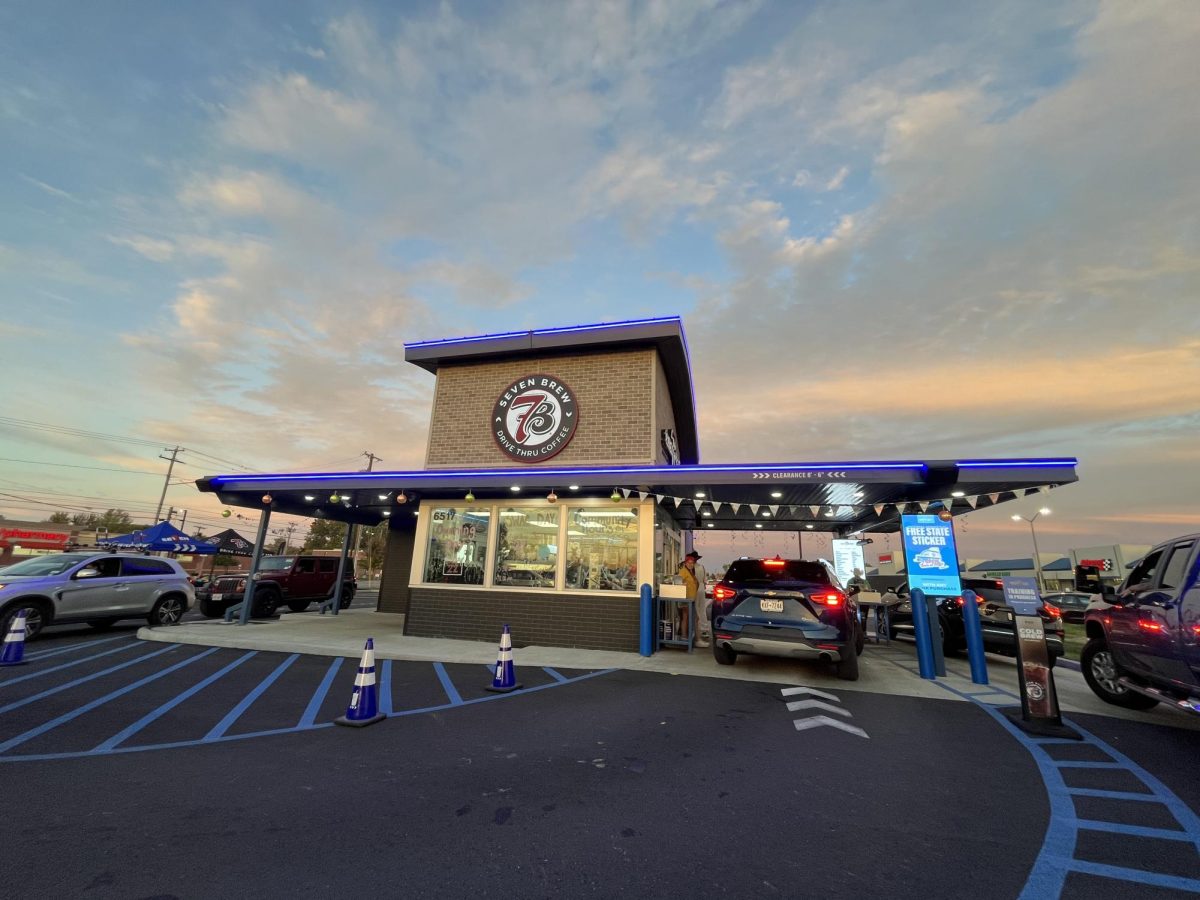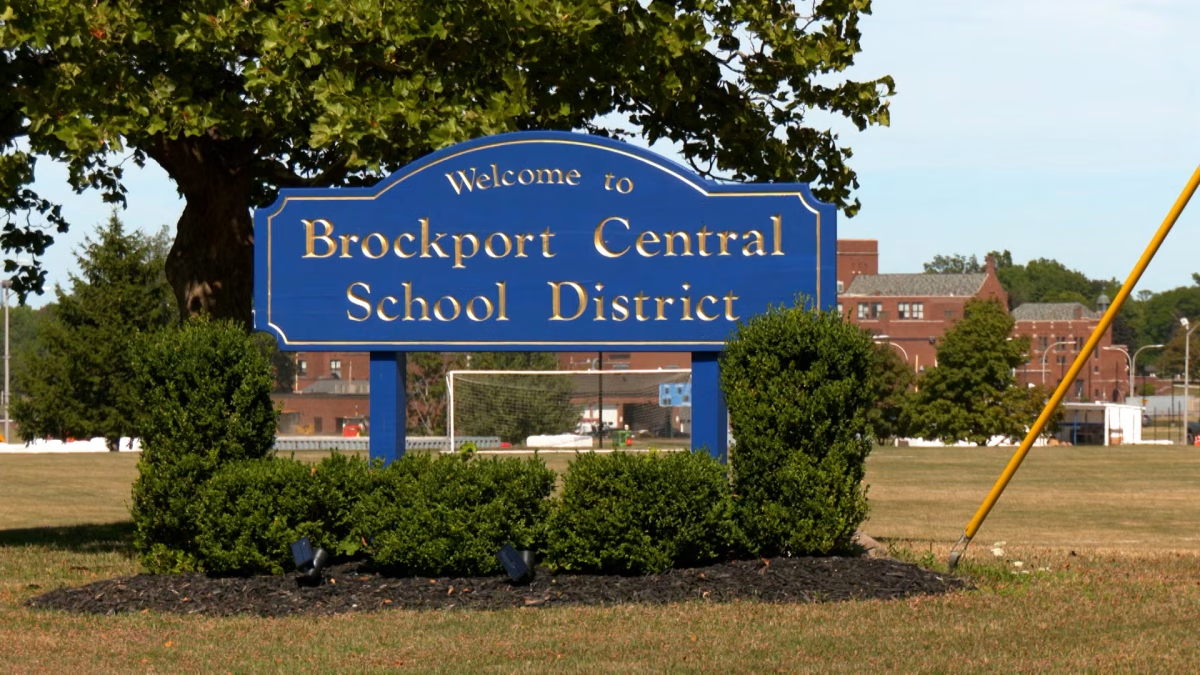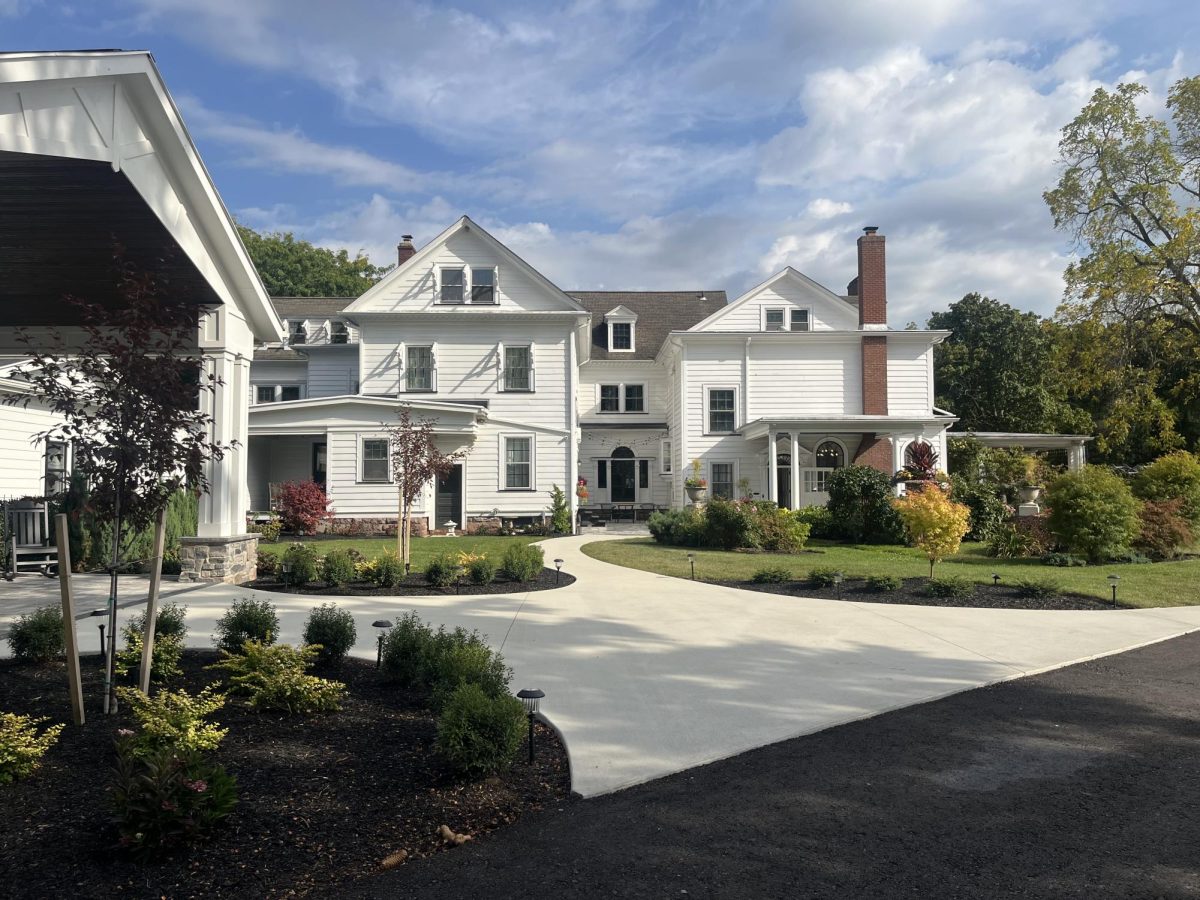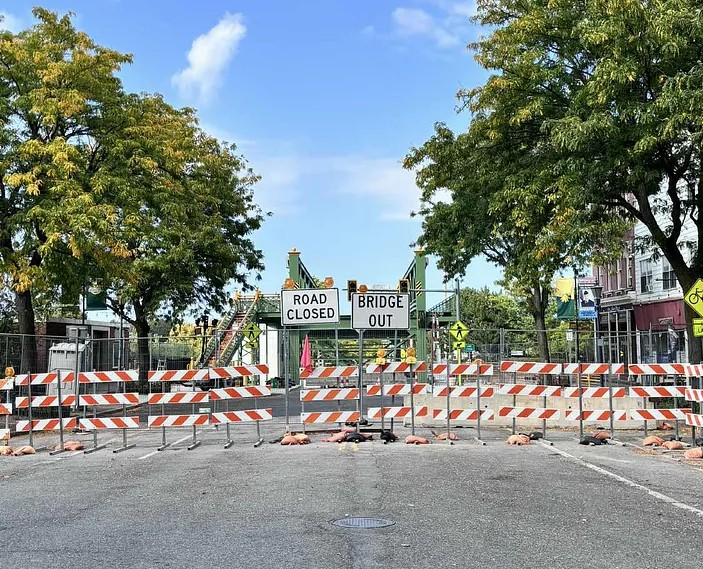By Autumne Venturino and Margaret Stewart
Brockport’s elected officials continue to look for ways to deal with old industrial sites that pose environmental hazards for area residents. Two of those sites are the former Kleen Brite Labs and Black and Decker headquarters located at 100 Fair St. and 200 State St. Both companies closed up shop in the late 1980s. What they left behind is causing headaches and potential health risks.
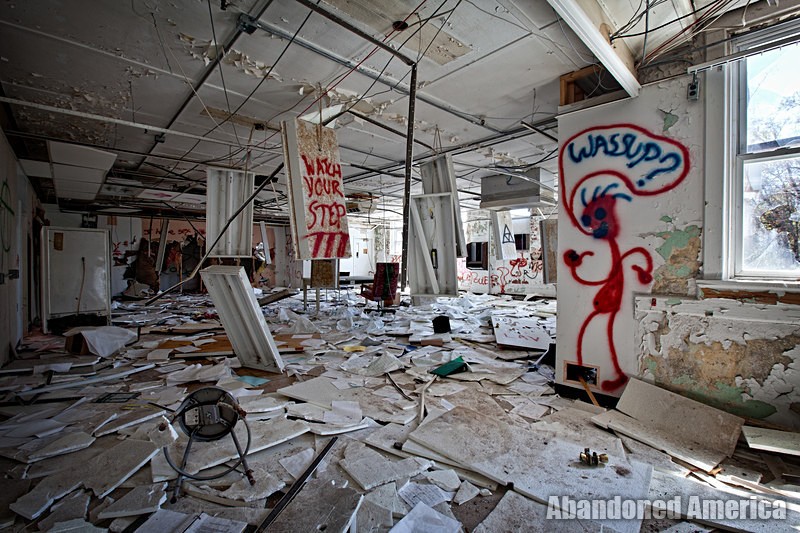
Brockport Police Chief Mark Cuzzupoli said homeowners were concerned when they originally learned of the toxic compounds that polluted a sizeable amount of the village.
“It was a different time,” Cuzzupoli said. “There is a creek that carried it [the pollution] across the canal on the east side of Oxford Street. There were houses there but they had to be torn down for possible contamination.”
Black and Decker had to pay for the initial cleanup of the site. This cleanup was not enough to completely get rid of the pollution problem.
Brockport Mayor Margaret Blackman is working with county officials to address the problem.
“The problem with this particular site is that in order to use the building again the soil contamination must be cleaned out,” Blackman said.
To do this cleaning a vapor intrusion system needs to be installed. According to Blackman, this system would cost roughly $80,000 and Black and Decker has refused to pay for it.
The village put in a letter of intent to get a Restore N.Y Grant. The village was approved for $500,000 but had to back out because demolishing the building would cost more than twice the grant total.
A buyer recently expressed interest in the building. According to Blackman, Jerry Rowell put $10,000 down on the building, but died of a heart attack before the deal was finished.
Before Rowell put money down on the Black and Decker site, Blackman said he had also worked on the former Kleen Brite site with his business partner, Kevin Truelson. Truelson bought that site around the same time that Rowell put money down on the Black and Decker site.
Kleen Brite Labs manufactured cleaning products using a variety of chemicals.
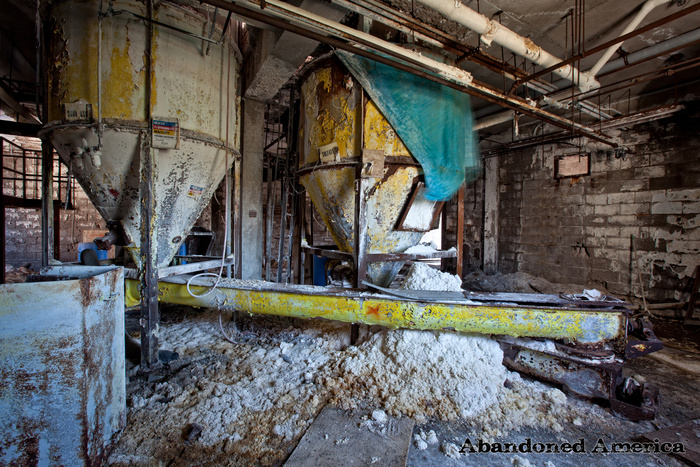
“People that lived close by would get soap suds on their car bad,” Blackman said.
The community formed a committee to try to have the site declared as a brownfield site, but one of the committee members interfered with the process by having the building put up for auction. According to Blackman the move to have the building put up for auction undermined the committee’s work and the site was never declared as a brownfield site.
Kevin Truelson brought the building at auction.
Blackman said, Truelson wanted to completely strip the building. They did not have the proper permits to do it. Blackman said they went ahead anyway. According to the mayor, their attempts caused a major, “hazmat problem,” for area residents.
“By the time they had stripped everything out of it, they stopped paying taxes and the county took it over again,” Blackman said.
According to the Director of Real Property, Tim Murphy both the buildings are now privately owned. The county did sell the Black and Decker building again and it is now being used for storing trucks and other large vehicles. The former Kleen Brite Labs is still owned by Truelson.
Murphy said the county is done with these buildings and has washed its hands of them.
“The county hasn’t had any affiliation with 100 Fair St. in quite some time,” said Murphy, “The county’s only interest with 200 State St. is making sure the taxes get paid.”
While both the Kleen Brite site and the Black and Decker site sit vacant, the potential health risks and the headaches associated with each linger.

